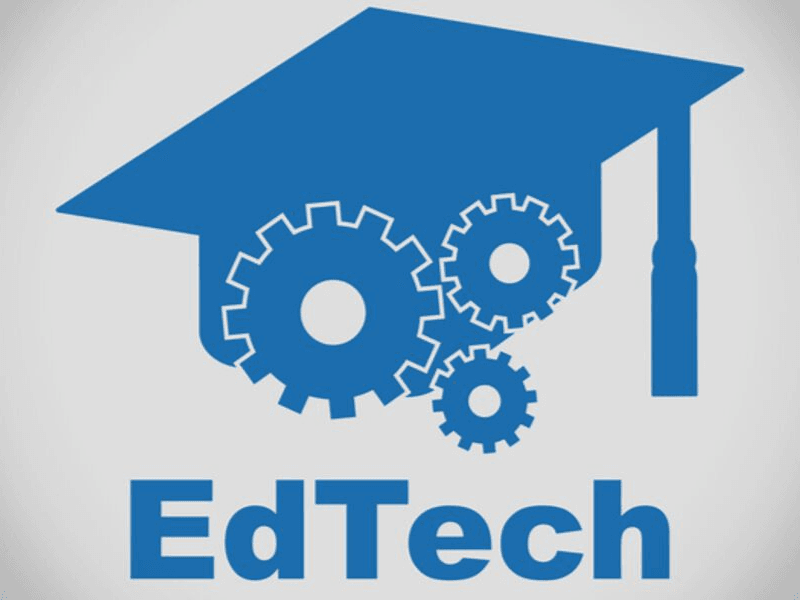Future-Ready India: The Role of EdTech in Workforce Development

Panaji, India: India is accelerating toward becoming a global economic leader. The demand for a skilled, tech-savvy workforce is at an all-time high. The EdTech (Education Technology) sector is rapidly transforming, effectively connecting traditional education with the changing demands of industry. However, recent controversies, such as the Goa University question paper leak case, show serious challenges. These challenges must be addressed to ensure credibility in digital and traditional education systems.
EdTech: Bridging the Skills Gap for a Digital Future

India’s workforce is undergoing a massive transformation, driven by AI, automation, and Industry 4.0. The population has over 65% under 35. This gives the country a unique opportunity to leverage its demographic dividend. However, this is possible only if education keeps pace with technological advancements.
How EdTech is Shaping the Future Workforce
- Upskilling & Reskilling Programs: Platforms like Coursera, UpGrad, and Simplilearn offer courses in AI. They also cover cybersecurity, cloud computing, and data science. These programs align with industry demands.
- Personalized Learning with AI: Adaptive learning technologies tailor courses to individual progress, improving engagement and retention.
- Industry-Recognized Certifications: Partnerships with Google, Microsoft, and AWS provide job-ready credentials, enhancing employability.
- Vernacular & Affordable Learning: Regional language courses and low-cost subscription models make digital education accessible to all.
Challenges & Controversies: The Goa University Case
While EdTech promises innovation, traditional education systems face scrutiny. Recently, Goa University suspended an assistant professor, Pranav Naik, for allegedly leaking exam papers and trespassing into faculty cabins. The case, now under police investigation, underscores the need for stronger academic integrity measures in both offline and online education.
Key Takeaways from the Incident:
- Accountability in Education: Institutions must enforce strict anti-cheating policies.
- Digital Proctoring Solutions: AI-powered remote invigilation can prevent leaks in online exams.
- Transparent Governance: Universities should adopt tech-driven administrative reforms to curb malpractice.
Government & Industry Collaboration for a Skilled India
Initiatives like Digital India, Skill India, and NEP 2020 emphasize lifelong learning and digital literacy. The government is also promoting public-private partnerships to scale EdTech solutions nationwide.
The Future of Work & Learning
With AI and automation reshaping jobs, continuous upskilling is no longer optional. EdTech platforms are integrating VR, gamification, and virtual labs to make learning immersive and effective.
Conclusion: Building a Credible, Future-Ready Education System
EdTech is revolutionizing workforce development. However, incidents like the Goa University scandal remind us that trust and transparency are equally crucial. By combining cutting-edge technology with robust governance, India can create a globally competitive workforce ready for tomorrow’s challenges.





